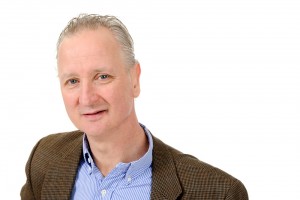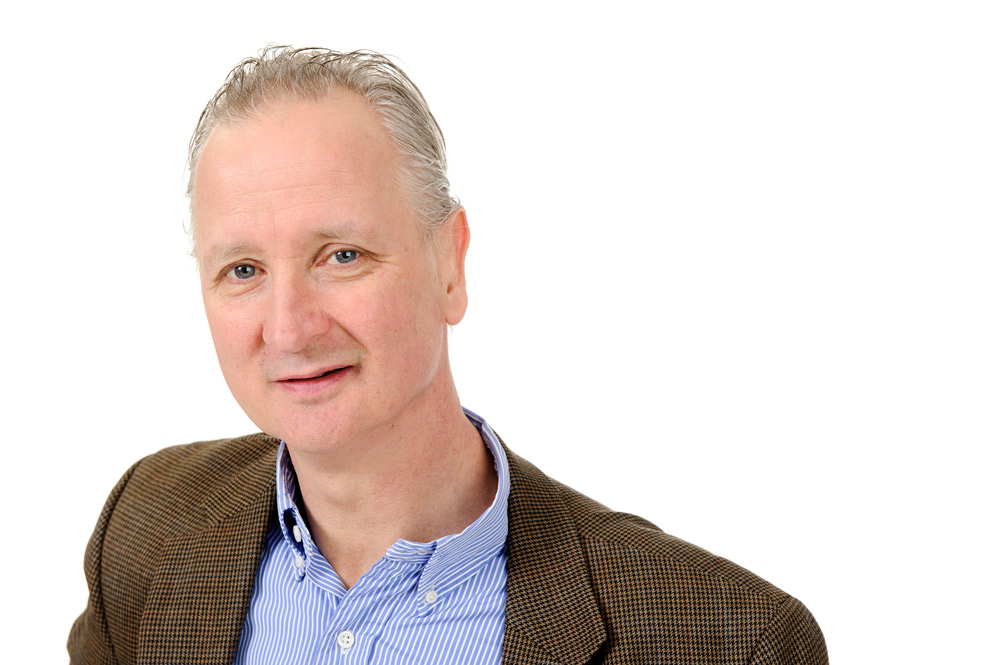There are many factual errors in the critique from the Israeli ambassador. At least according to Leif Stenberg, Director of the Centre for Middle Eastern Studies.

Photo LU/Kennet Ruona
In connection to the course MOSA20 Israeli-Palestine Conflict: History, Development and Alternative Solutions at the Centre for Middle Eastern Studies, a student directed criticism towards the course contents, which he considered too one-sided. He also contacted the Israeli embassy in Stockholm, which joined the student’s critique in a letter to the University.
“We have no interest in being for or against any side”, says Leif Stenberg, Director of the Centre for Middle Eastern Studies.
Leif Stenberg is disappointed at the errors in the ambassador’s letter.
“First of all, the student isn’t taking the course. Secondly, I am disappointed in him saying we haven’t done anything. I have talked to the student previously and responded to him in a letter. The syllabus has been approved by the board of studies at the Faculties of Humanities and Theology”, Leif Stenberg says.
What did you say to him?
“The response he wants is that we will be shutting the course down, which we won’t. Considering the activities in the course there is a lot of criticism coming from both sides. The lecturers give hard criticism to both sides in this conflict”, Leif Stenberg says.
“I agree with the student that the course literature could be looked at. But it isn’t true that the course is one-sided.”

Photo: Charlotte Carlberg Bärg
“Several perspectives that have been raised”
Several researchers are said to have pointed out the one-sidedness of the course, according to the ambassador’s letter. This is something that Nina Gren, doctor in social anthropology and one of three persons responsible for the course, does not agree with.
“I would have taken this critique more seriously if the student had actually read the course. He reacted to the syllabus before the course had even started. The students who have read the course have not had any content complaints”, Nina Gren says.
Are there any grounds to this critique?
“I don’t think so. The researchers we have invited have been well known and established. A lot of the researchers are active in the USA and used to act freely. A course is also about discussions and problematisation, and the researchers have not always agreed. I think that there are several perspectives that have been raised”, she says.
“It won’t matter that much”
The Centre for Middle Eastern Studies often invite guest lecturers in connection to their courses.
“I have been a lecturer at the Ben Gurion University in Israel myself, and we are running one course in collaboration with them, for example. So it is nonsense that our education here is one-sided.”
How does this affect the University’s exchange programme and relations with Israel?
“It won’t matter that much. The last Israeli ambassador Benny Dagan was here as a lecturer several times. I will send an invitation to Isaac Bachman and ask him to come to Lund, so that he can see our course with his own eyes”, Leif Stenberg says.
An academic freedom to protect
In the letter from the ambassador, it is stated that one-sidedness harms academic justice and the intellectual debate. This is something that Nina Gren reacts to.
“At the same time, one can wonder why the Israeli ambassador gets involved in a syllabus at a Swedish university. We also have an academic freedom to protect”, she says.
“I have a counter-question for him – which Israeli perspective does he consider to be missing? There are several that have been brought up during the course”, Leif Stenberg says.
Awaits the course evaluation
The course MOSA20 is almost over. The students on the course will write their last take-home exam next week, then there is a course evaluation waiting.
“Of course we will discuss what courses we will have at the Centre for Middle Eastern Studies next year. I think it has been an interesting course”, Nina Gren says.
“We won’t know what the students taking the course really think until we get our course evaluation. I am actually surprised at the Vice-Chancellor’s statement that he wants me to come up with suggestions for a solution. This is nothing we have talked about, so in that case, he would have to take that with me directly”, Leif Stenberg says.
Text: Carl-Johan Kullving
Translation: Carl-William Ersgård






